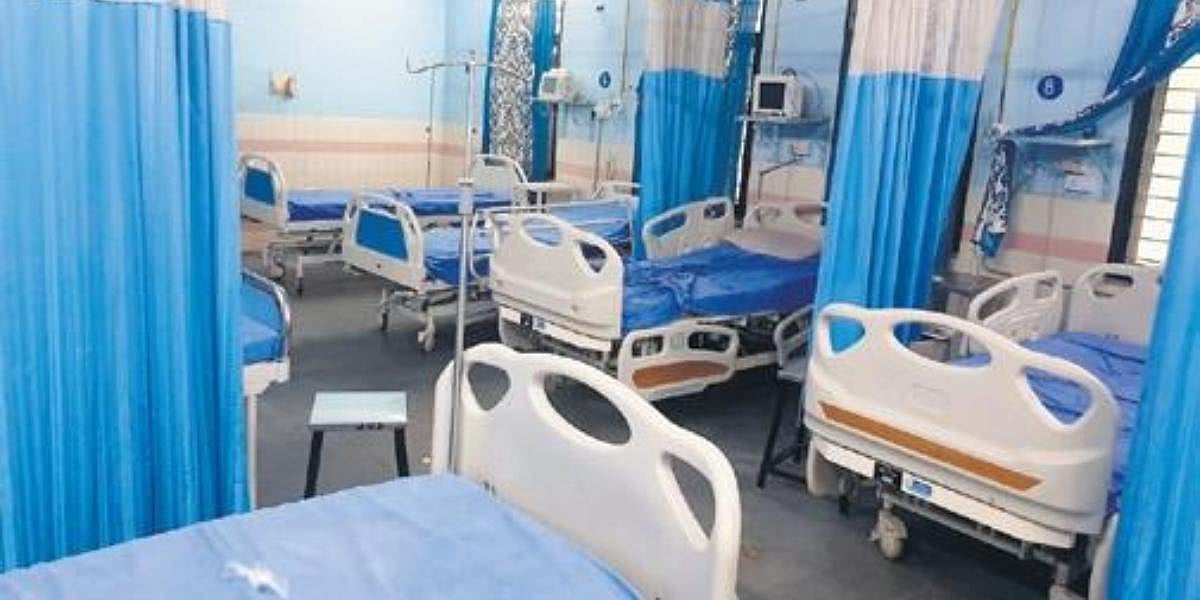 |
|
The recent Union budget announcement regarding the establishment of daycare cancer centers in all district hospitals across Tamil Nadu over the next three years has been met with a mixture of optimism and apprehension within the medical community. While the proposal to create 200 such centers in 2025-26 is lauded as a significant step towards improving cancer care accessibility, concerns remain regarding the practical implementation and the potential strain on existing resources. The current system forces many cancer patients to travel long distances, often to major medical centers in Chennai, placing a significant burden on already vulnerable individuals. This initiative aims to alleviate this hardship by bringing crucial treatment closer to home. However, the success hinges critically on the availability of adequate infrastructure and trained personnel.
Doctors' associations in Tamil Nadu have expressed their support for the plan, emphasizing the crucial need to avoid relying solely on existing resources. The current situation, characterized by a shortage of specialist doctors, particularly oncologists, resulting partly from the removal of government doctor reservations in super-specialty courses between 2020 and 2022, exacerbates the challenges. Simply adding daycare centers without addressing the underlying deficit in qualified medical professionals risks compromising the quality of care and potentially even overwhelming the already stretched capabilities of existing staff. Therefore, a significant investment in human resources is absolutely essential for the project's success. This requires not just immediate recruitment but also a comprehensive long-term strategy for attracting and retaining oncologists and other specialized staff within the government healthcare system.
The proposal also raises questions about the overall management and potential for privatization. While many district medical colleges currently possess oncology departments, the introduction of dedicated daycare centers promises to improve access to treatment significantly. However, past proposals to privatize select services in government hospitals, as suggested by NITI Aayog, cast a shadow of uncertainty over the future trajectory. The risk of diluting public healthcare services through privatization needs to be carefully considered and proactively addressed. Transparent governance and mechanisms to ensure the centers remain accessible and affordable to all, regardless of socio-economic background, are crucial considerations. Maintaining public control and avoiding the pitfalls of privatization would guarantee that the initiative serves its intended purpose: to provide equitable and high-quality cancer care to all citizens of Tamil Nadu.
The success of the initiative hinges upon a coordinated effort between the central and state governments. The state government’s role in identifying its unique healthcare needs and tailoring implementation strategies is critical. A top-down approach might overlook specific local challenges and might prove inefficient. Therefore, a flexible approach allowing states to adapt the model to their specific context, while maintaining national standards for quality care, is crucial. This collaborative approach necessitates clear communication channels, effective resource allocation, and regular monitoring of the centers' performance to ensure that they operate efficiently and effectively. Only a comprehensive plan addressing infrastructure, staffing, financial sustainability, and governance can guarantee that these daycare centers truly improve cancer care access for the people of Tamil Nadu.
In conclusion, while the proposed establishment of daycare cancer centers in Tamil Nadu represents a significant advancement in cancer care accessibility, its success is contingent upon careful planning and resource allocation. The government must prioritize the recruitment and retention of qualified oncologists and other specialized staff, ensure adequate infrastructure, and address concerns about privatization. A collaborative approach between central and state governments, allowing for localized adaptations within national quality standards, is crucial for maximizing the impact and ensuring that these centers truly benefit the population they are intended to serve. Failing to address these critical elements risks undermining this well-intentioned initiative and potentially exacerbating existing inequalities in healthcare access.
Source: TN doctors welcome daycare cancer centre plan, urge dedicated resources
